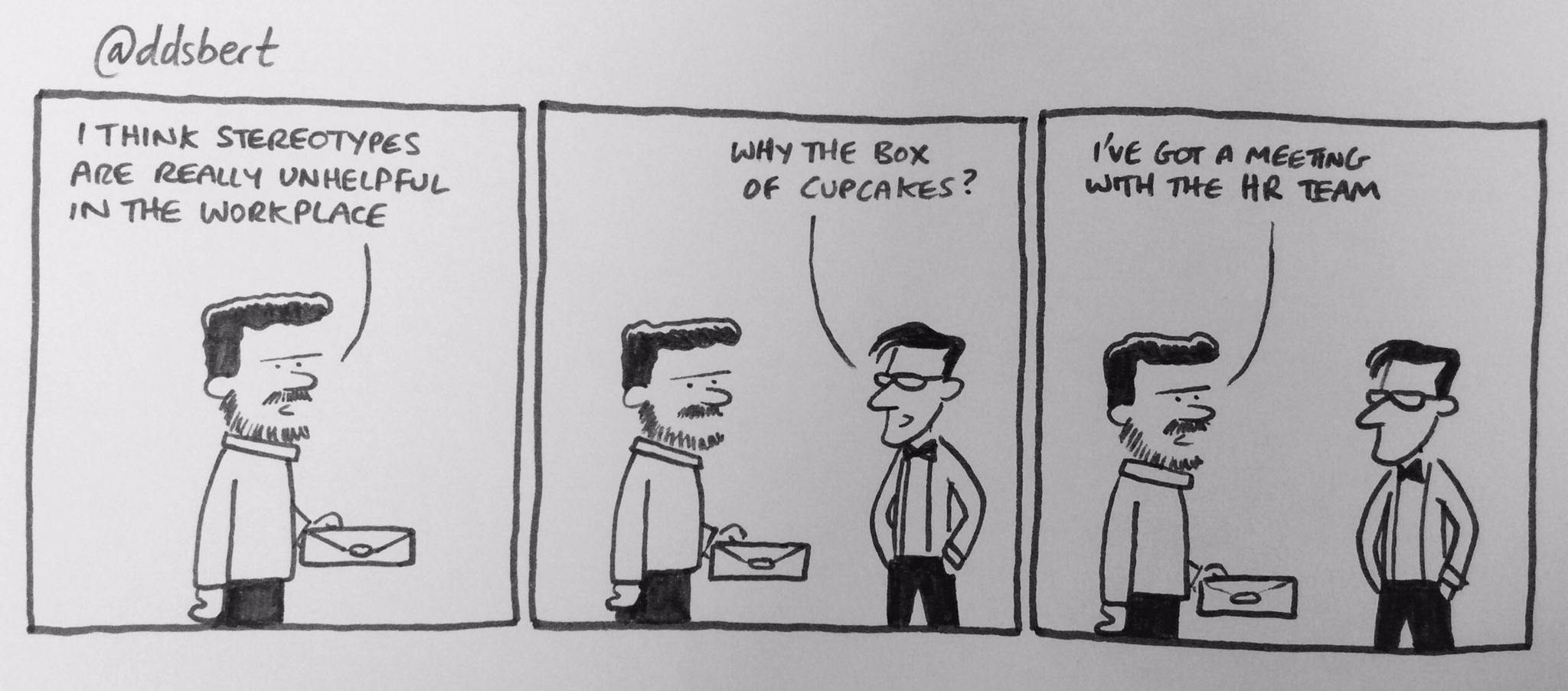I’ve got a speech coming up next month with the following synopsis having been given to delegates. I’d like you all to be my coaches and guides.
“David will explore the diminishing relevance of attempts to influence behaviour through traditional change management techniques – and the risks that are inherent in managing change within an organisation with a script, whilst the world itself continues to surprise. David will link subjects as diverse as Winnie(-die-)Puuh (Winnie the Pooh), nudge theory and the architecture of the British Embassy to explore how, why and if organisations can change people as fast as the world itself does.”
I’m going to use my blog to map out my thoughts and, essentially, share my preparation notes with people – and put them up for challenge.
If you leave comments or suggestions and I use them you’ll get namechecked and I’ll owe you a coffee. I’m also open to suggestions over anything in terms of format that could be shaken up.
I’ve only got 25 minutes. My current thinking is to ignore all current thinking on death by PowerPoint and try and do 50 Haiku deck slides, taking people on a journey of small steps at pace. That’s the first thing up for debate.
I don’t want them to take 3 things away. I want them to take 100 questions away. I want everyone to grab at different content and concepts from a pick and mix of material. So that is the first thing it would be good to get feedback on. I’m not stupid, I see plenty of downsides, I may not follow your advice – but don’t think I won’t listen.
Thanks to Sukh who made me think about doing this differently (or the same thing but on turbo). Please note: my fortune cookie says I have the style and panache to carry this off.
Please consider joining us at https://ddsouzadotcom.wordpress.com/humane-resourced-the-book-of-blogs/



My first thought – you do, of course, recognize that you are inviting us to participate in a social Change Management effort here and now. Which brings me to where I have been doing a lot of thought lately – change happens, at an ever-increasing and disruptive rate. Attempting to “manage” it is, today, is silly. We really need to support, guide, communicate the end goals – create an aligned vision for a mutual “desired state” … It’s more about preparing our teams to be resilient and arming them with the resources and skills they need to make good choices, quickly, in the face of an ever-shifting landscape.And then it’s about letting them know that management is behind what they are doing and has their back. It’s about empowering them to try and fail – ideally within reasonable, clearly defined boundaries – and then getting the hell out of the way. With that in mind, go back and deconstruct all the tenets of traditional Change Management and rethink them, not from a command and control perspective, but from the bottom up. I kind of tried to do some of that here:
Cheers!
LikeLike
Hey Chris – sorry for the delay. I completely agree with the sentiment and the points you make in the slideshare. Being receptive to change isn’t about models to impose upon change when it appears, but about removing the barriers to change through building fluidity and trust. There is obviously a middle ground but the dial is still turned too far towards control. Will work in some industries – but increasingly won’t work in more and more sectors.
LikeLike
What about a tweet chat (or similar), asking:
– why is change management dead?
– what are the risks of managing change?
– what does change have to do with Winnie(-die-)Puuh (Winnie the Pooh), nudge theory and the architecture of the British Embassy?
– how can organizations change as fast as people? Can they?
Say you want 50 sound bites in answer to these questions, then whack those on your Haiku slides.
Summarise with something along the lines of ‘people create change together’ or whatever is equally eloquent and captures the spirit of collaborating ideas to inspire change.
Actually, we’re tacking change with #nzlead and #ozhr next week. Hmm… I could use these questions I’ve just posed and you can take all the great tweets for your sound bites.
Up to you, but offer is there. I might just use these questions anyway.
LikeLike
Sorry – I should have been way faster replying to this. Esp as I’m writing about moving at speed.I don’t think most people will get the Winne The Pooh reference until explained but anything you folks produce from NZLead always gets my attention…
LikeLike
I’ve recently been researching workforce agility. Change is so constant now that it’s par for the course rather than a separate initiative. Agility is the flexibility and integrated planning and execution required to keep up. It’s a bit boring and not at all entertaining but my latest blog on the subject might relate
http://hrpotential.wordpress.com/2014/02/18/6-common-barriers-to-workforce-agility/
LikeLike
great read… just heading off to reblog
LikeLike
Now I wish you’d mentioned this yesterday! However, hopefully our briefing has given you food for thought?!?
Let me add a contrary note to the critique of Change Management – it’s not dead. It’s alive, valuable & valued. The biggest problem has been the assumption that you lead & influence behaviour (to good effect!) through Change Management. Wrong – that’s the domain of Change Leadership.
You asked firstly for input on the 100 questions ambition. I think prompting 100 questions (I guess in pairs on 50 slides?) could be useful but not to expect anyone to take 100 questions away. The benefit of so many surely is for people to take away the questions that resonate the most? Maybe that’s exactly the pick & mix that you envisage? Given the 25 minute window, the questions may need to be visual not spoken?
Shout if/when you need more input!
LikeLike
Change management may not be dead, but the focus on the tools rather than the behaviours is reducing it’s effectiveness. I’d agree with you on that. I like change leadership as a concept and really enjoyed your positioning on Thursday,
exactly – my scattergun approach is designed to allow people to take away the questions pertinent to them and their organisation. 100 will be too many, but 25 in 25 minutes might work…
LikeLike
Are you focussing on cultural / behavioural change? There’s of course a whole lot of change around mergers, acquisitions, TUPEs, etc which of course have cultural elements but primarily have a load of complicated, tricky, time consuming legislative stuff that goes with them. I say ‘primarily’ only because that’s the stuff that people focus on and then, at the end, they look around and think ‘right, now what are we going to do with all these people!’.
On the 100 questions thing, I think it’s a great idea to make sure everyone gets something. You might just need to give that context so your customers don’t walk away thinking 90% of the content was irrelevant (and therefore your talk a waste of their time!)
Excited for you!!
LikeLike
I will make my first post for review the ‘set up’…
LikeLike